The Holding Environment, Chapter II
July 4 – August 1, 2021
Opening: Saturday, 3 July, 12–9 pm
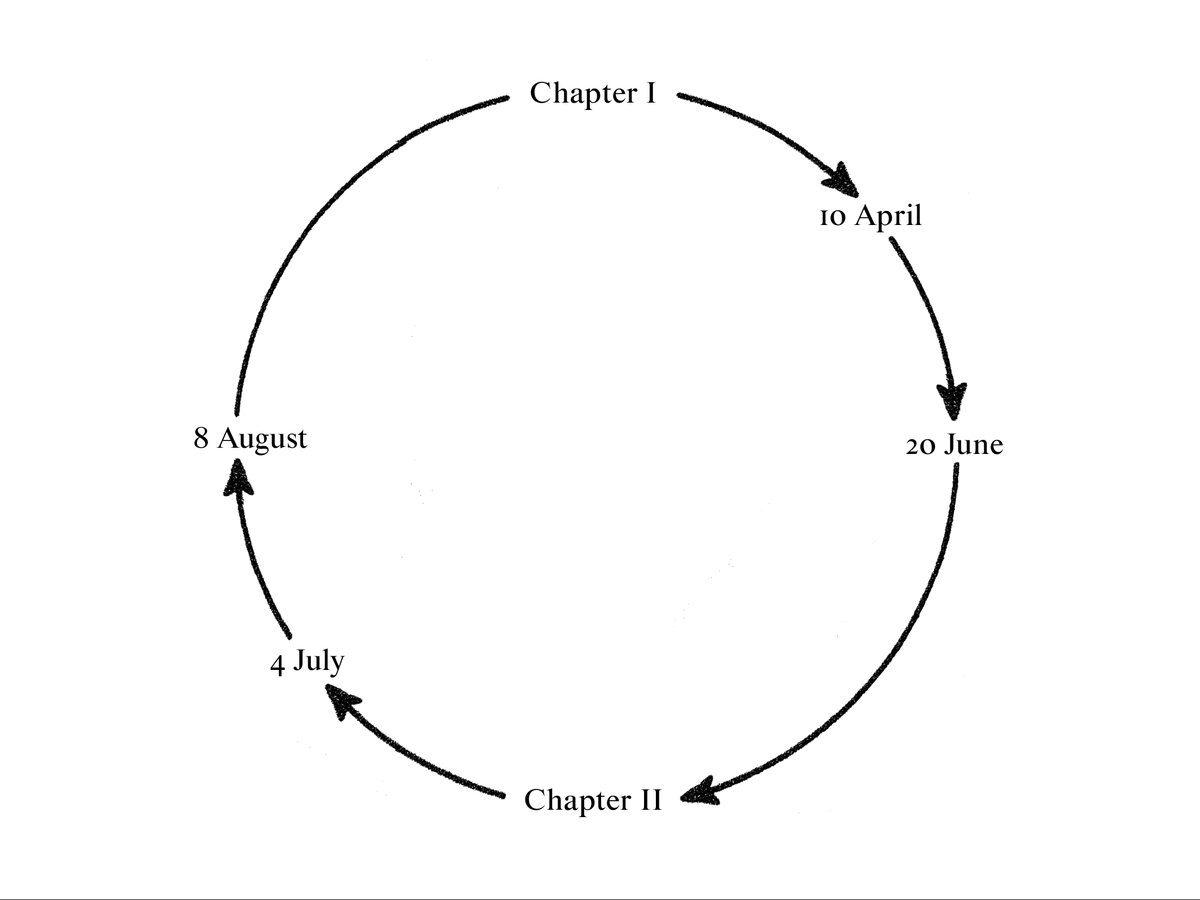
With Tolia Astakhishvili, Morgan Bassichis, Gregg Bordowitz, Maximilian Boss, Sarah Davachi, Sara Deraedt, Jason Dodge, Martin Erhard, Annika Eriksson, Ada Frände, Michael Fullerton, Michael Kleine, John Knight, Marc Kokopeli, Pope.L, Carolyn Lazard, Veit Laurent Kurz, Rachel Reupke, James Richards, Marianna Simnett, Stephen Sutcliffe, Niklas Taleb, Co Westerik and Jiannan Wu
Curated by Fatima Hellberg
The notion of the holding environment – the slippage between care, dependence, holding and that which fails to hold adequately – loops back in the show in newly conceived, existing, and revisited works. This second chapter follows a short pause for reflection, reconfiguring, and responding to the changing conditions in which the exhibition is held. Like any process of maintenance, such work is involved with a continued activity of attending to – a logic of repetition and return also brought into the show itself. In dialogue and collaboration with the artists and contributors, works and decisions have been reconsidered, evolved, adapted, and at times left unchanged.
The works in The Holding Environment and its associated events consider care in ways that encompass both its inherent tenderness and the infantilising, sinister or perverse aspect that lies beyond the point where the authenticity of the care becomes unstable. Realised and developed during a pandemic that has intensified tensions of interpersonal dependency and structural fragility, The Holding Environment speaks of both the urgency and the necessity of care, and of the slippery nature of good intentions in the age of mass individualism. Such a reflection unfolds on multiple and ambivalent levels across form and method – the continuous opening and closing of the institution in the last year, for instance, also being considered as part of a logic of responsiveness and responsibility, and an unpredictability that in itself holds meaning.
Formally, The Holding Environment is a show in which containers and thresholds – both actual and metaphoric – are integral to how the space is approached, to how it holds and behaves. That is, the exhibition is understood as having the capacity to embody and relate contradictions that structure psychological and institutional space. The oscillation between the holding environment treated as both physical space and metaphor was proposed by the psychoanalyst and paediatrician Donald Winnicott in works such as Holding and Interpretation (1986). His writings proceed from the figure of the child, not just as a little person under the tutelage of adults, but also as the submerged one, who is without power and must, by necessity, negotiate states of dependency. Within Winnicott’s work, the child and the act of holding become a way of understanding a minor politics – a relation to be thought of across scales, from an intimate space to a structural and institutional consideration of dependency.
Such a shift between the mundane and the systemic carries the risk of losing sight of difference, nuance and attention, one reason why doubt and ambivalence coupled with commitment and empathy are all the more important to the notion of the holding environment. This is a show that aims to stay put in that space, engaging with the pitfalls of a corrupted notion of care, but also with paths for rehabilitation, restoration and restitution, negotiated through a unselfish spirit of holding.
The Holding Environment is accompanied by a series of events, including a specifically conceived performance and composition by musician Sarah Davachi; Divine Drudgery, a publication edited with James Richards and Leslie Thornton, with contributions and work by Horst Ademeit, Rae Armantrout, Tolia Astakhishvili, Ed Atkins, Kirsty Bell, Adelhyd van Bender, Bruce Conner, Fatima Hellberg, Mason Leaver-Yap, Veit Loers, Terence McCormack, James Richards and Leslie Thornton, and talks and events with the writer and poet Fanny Howe and the filmmaker, artist and activist Gregg Bordowitz, amongst others.
Realised with the generous support of Kunststiftung NRW, Kunststiftung der Sparkasse in Bonn, Sparkassen-Kulturstiftung Rheinland, Consulate General of the Kingdom of the Netherlands, Stiftung Kunstfonds, Neustart Kultur and Knauber, Bonn.
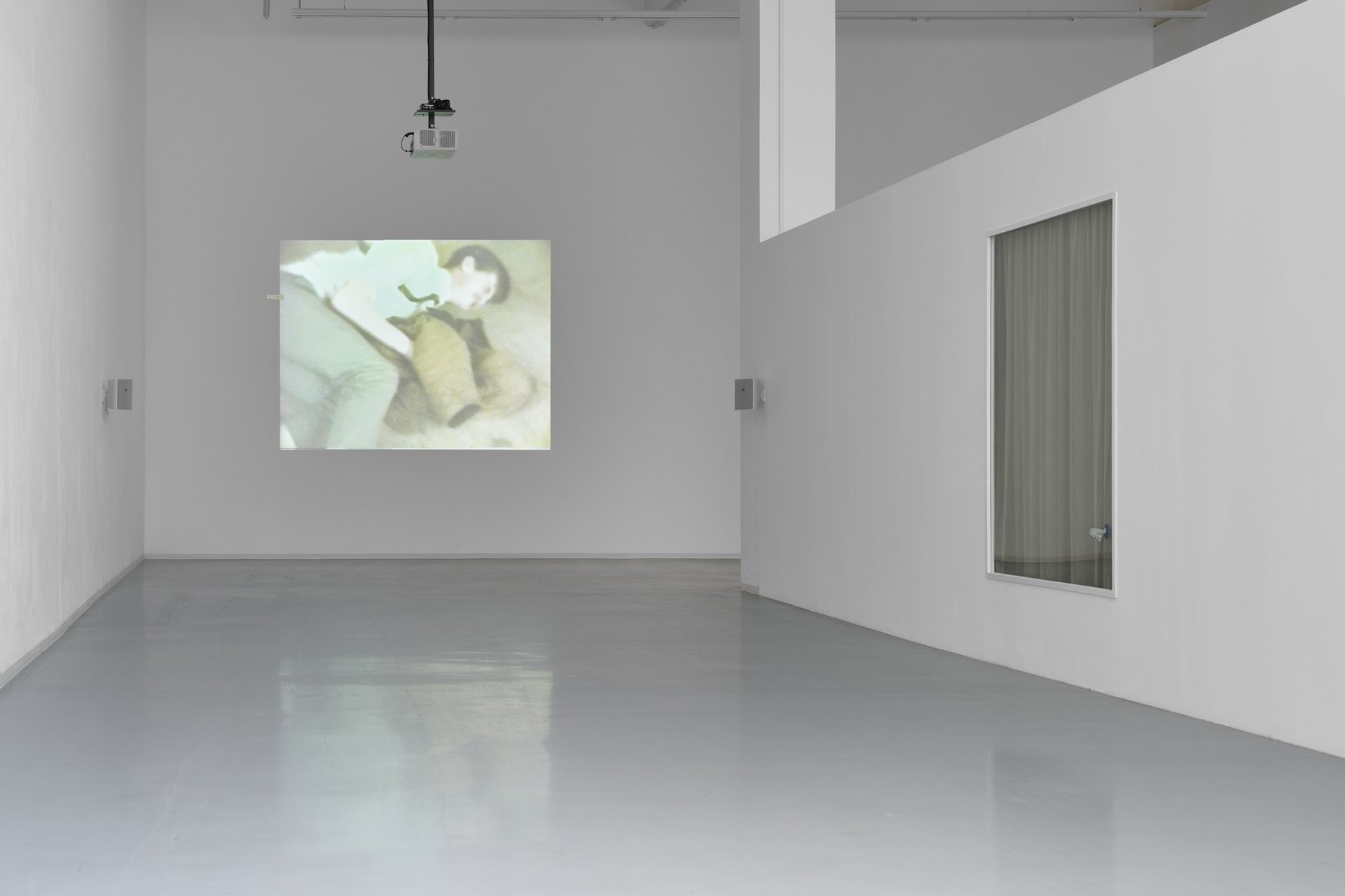
The Holding Environment, Chapter II, Bonner Kunstverein, 2021. Installation view with Ada Frände and Stephen Sutcliffe. Photo: Mareike Tocha. Courtesy the artists.
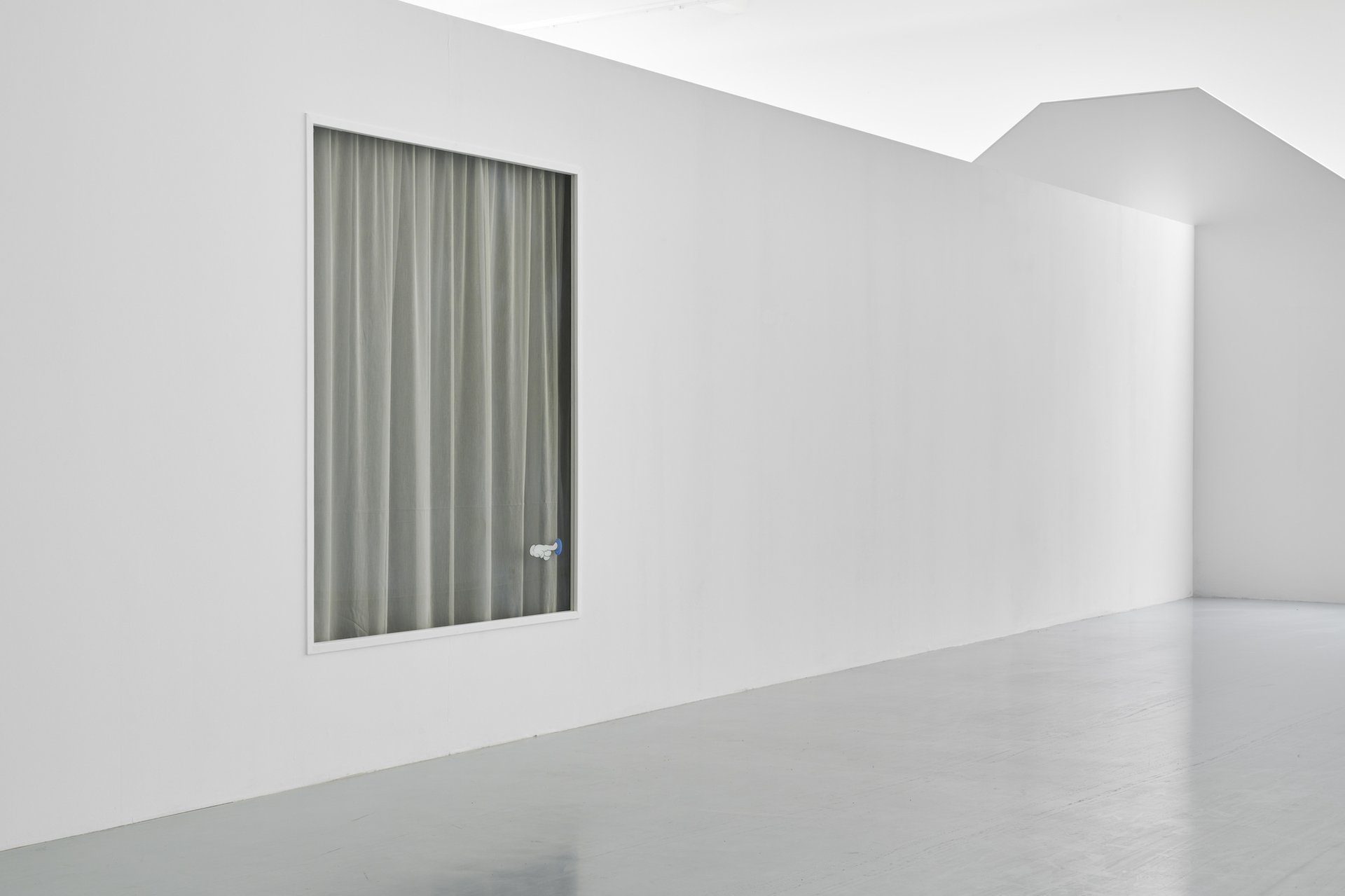
Ada Frände, Fenster, 2021. Installation view: The Holding Environment, Bonner Kunstverein, 2021. Photo: Mareike Tocha. Courtesy the artist.
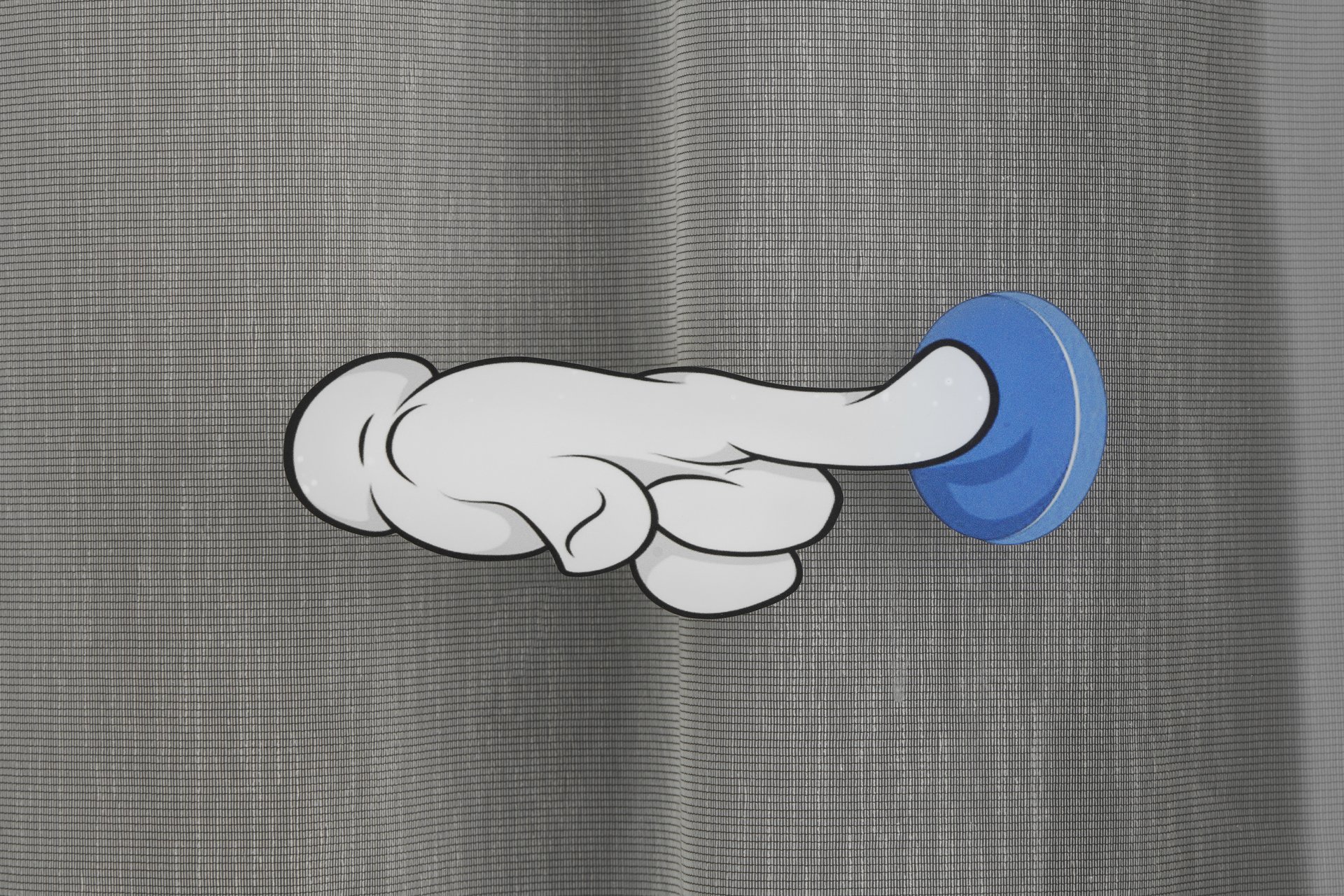
Ada Frände, Fenster, 2021 (detail). Installation view: The Holding Environment, Bonner Kunstverein, 2021. Photo: Mareike Tocha. Courtesy the artist.
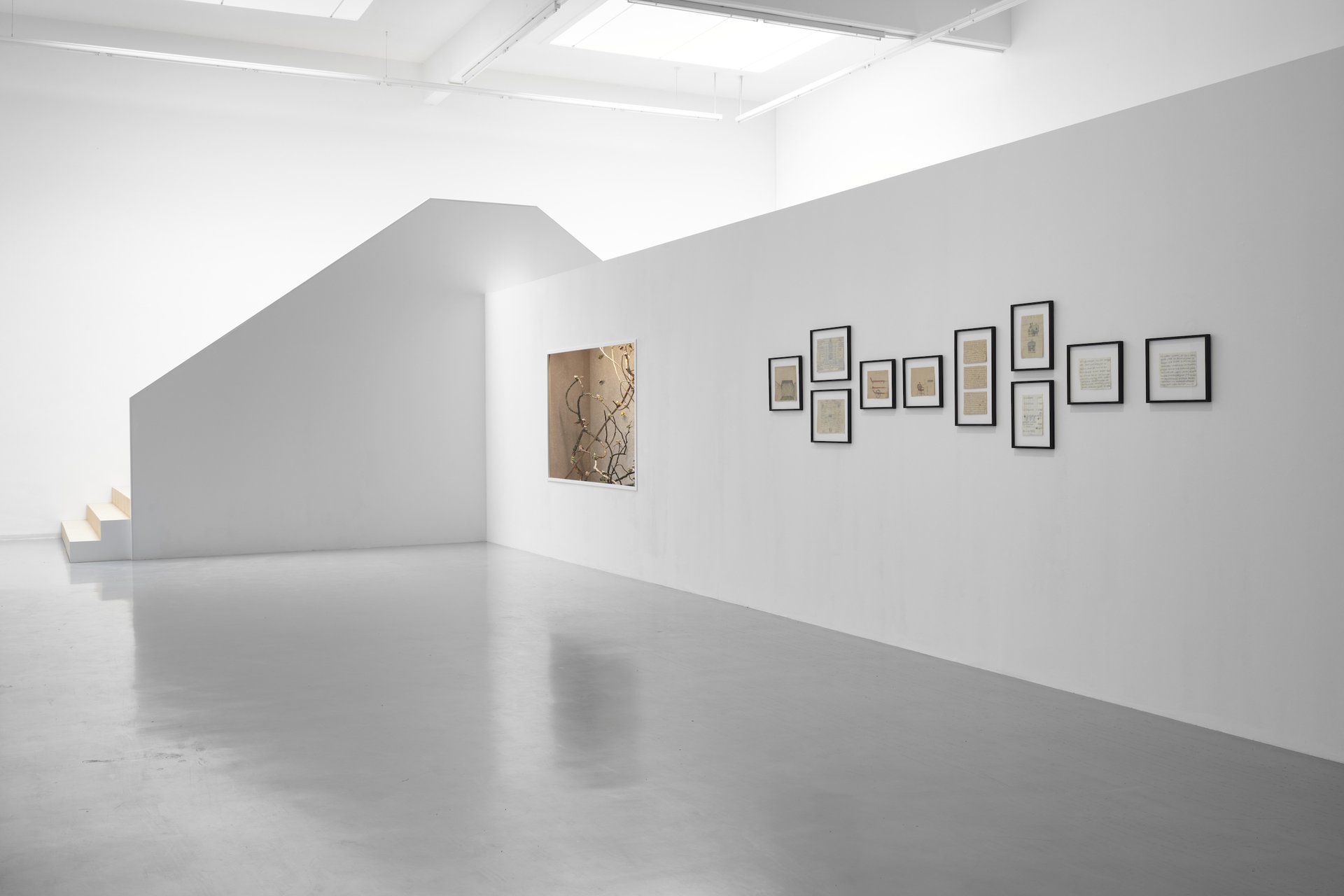
The Holding Environment, Chapter II, Bonner Kunstverein, 2021. Installation view with Ada Frände and Martin Erhard. Photo: Mareike Tocha. Courtesy the artist and Delmes & Zander, Cologne.
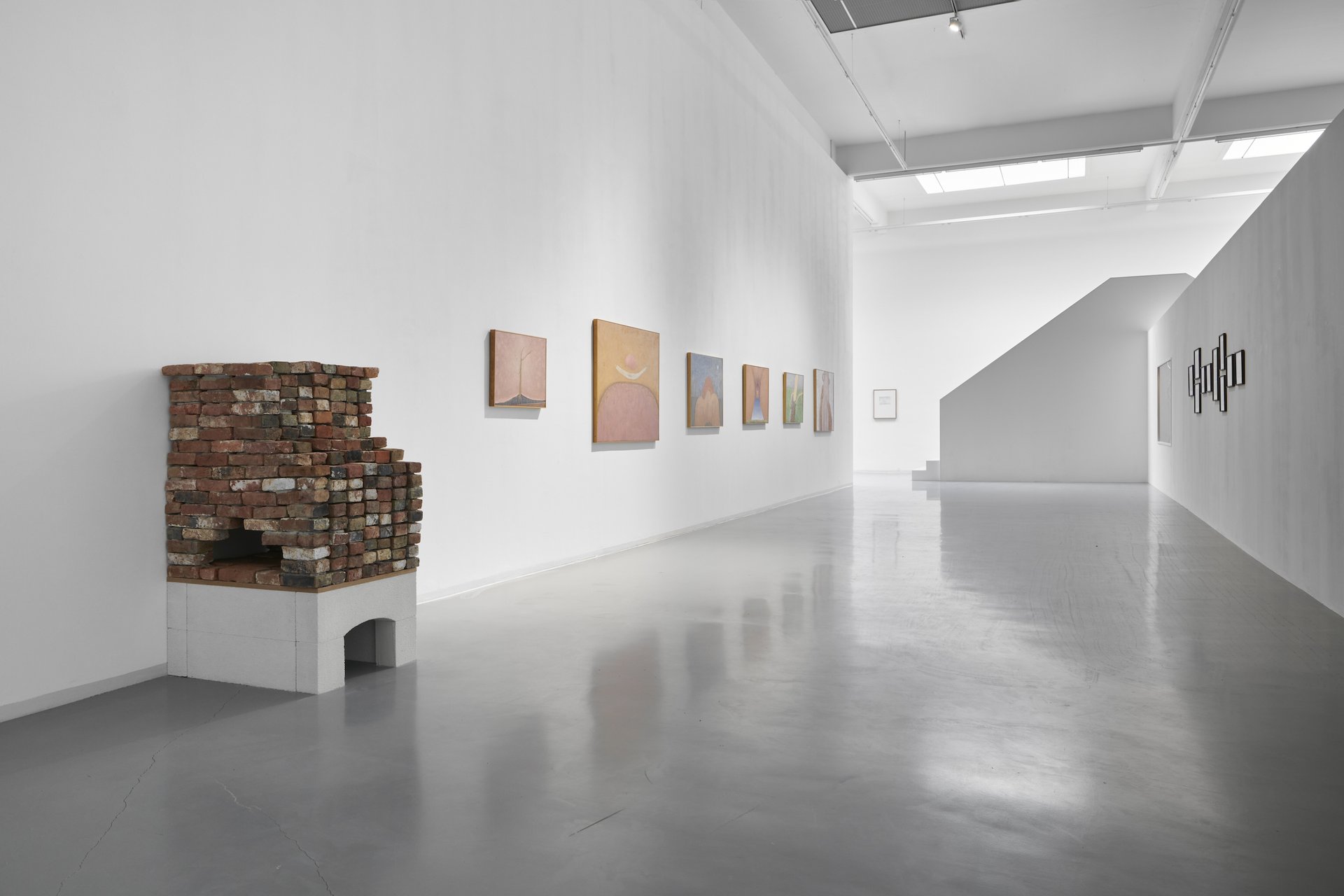
The Holding Environment, Chapter II, Bonner Kunstverein, 2021. Installation view with Michael Kleine and Co Westerik. Photo: Mareike Tocha. Courtesy the artist and Westerik Foundation.
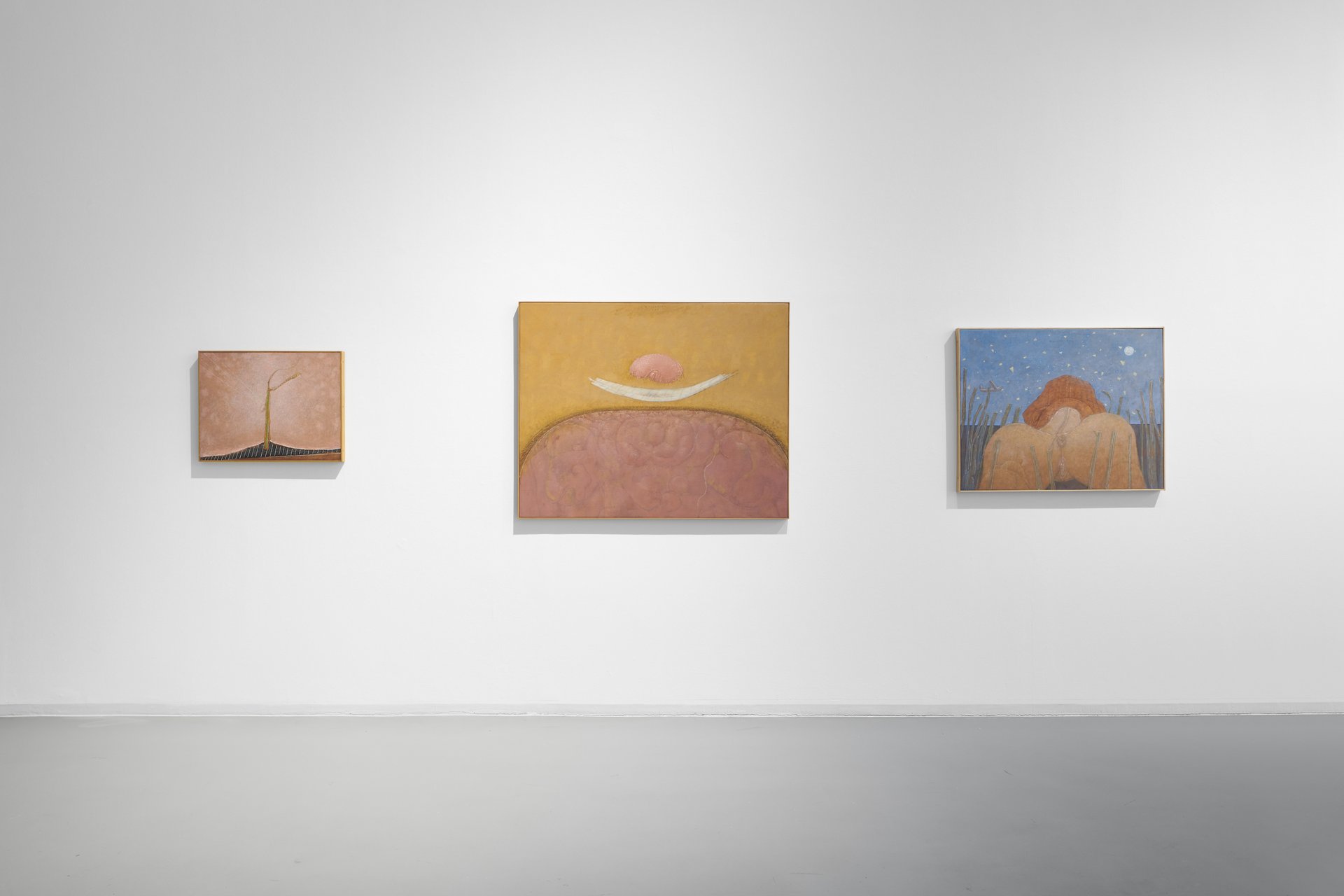
The Holding Environment, Chapter II, Bonner Kunstverein, 2021. Installation view with Co Westerik. Photo: Mareike Tocha. Courtesy Westerik Foundation.
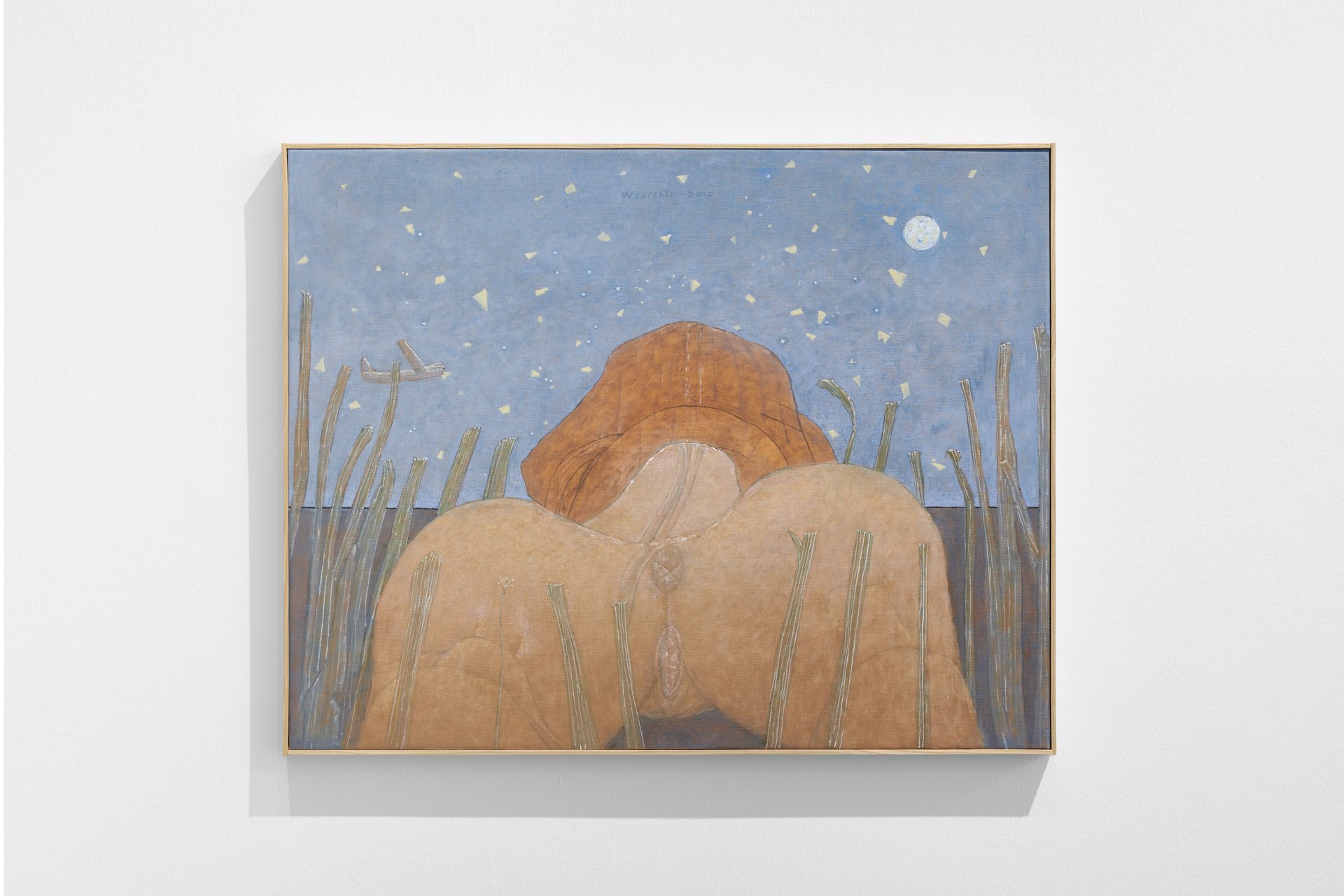
Co Westerik, Night Scene, 2010. Installation view: The Holding Environment, Bonner Kunstverein, 2021. Photo: Mareike Tocha. Courtesy Westerik Foundation.
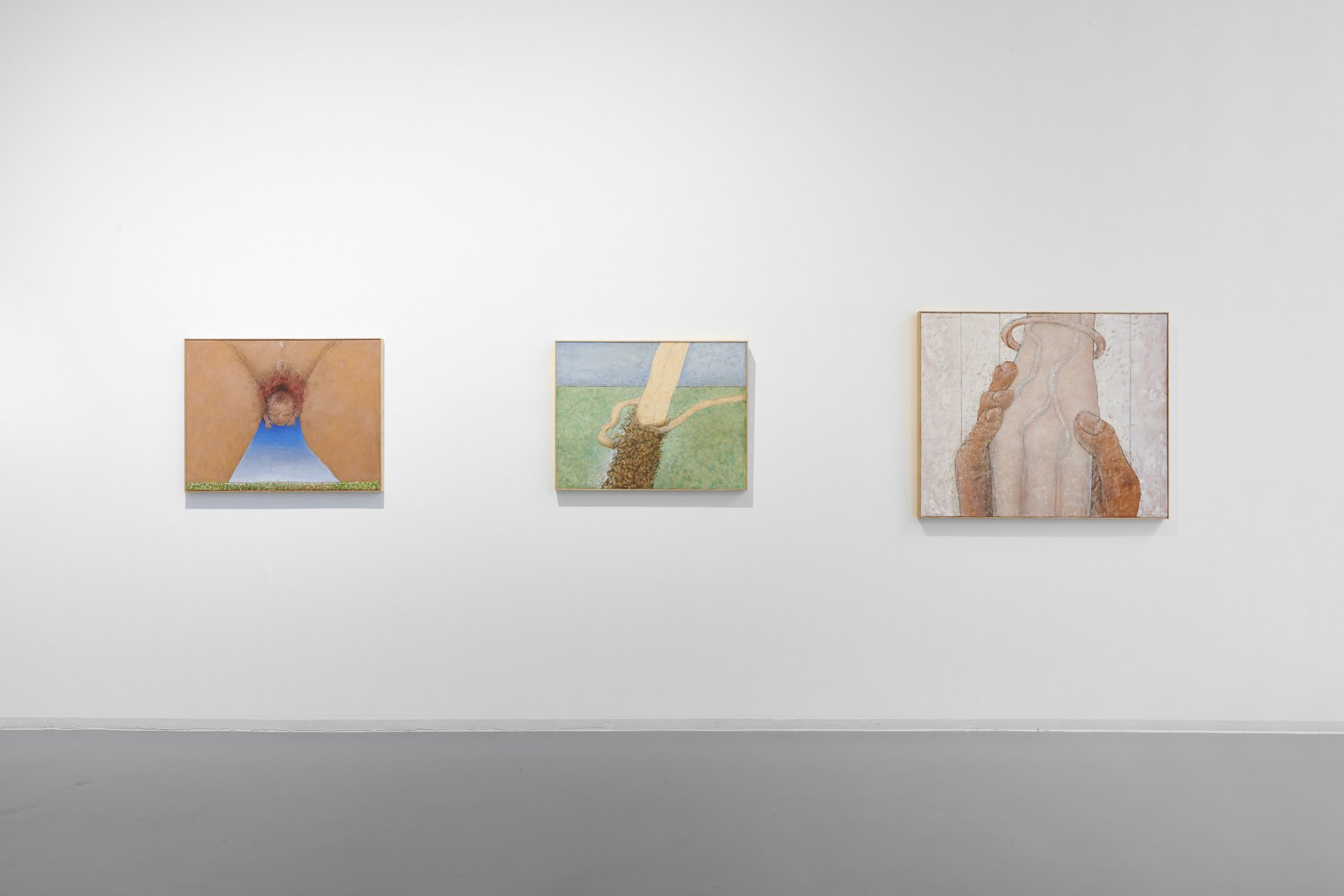
The Holding Environment, Chapter II, Bonner Kunstverein, 2021. Installation view with Co Westerik. Photo: Mareike Tocha. Courtesy Westerik Foundation.
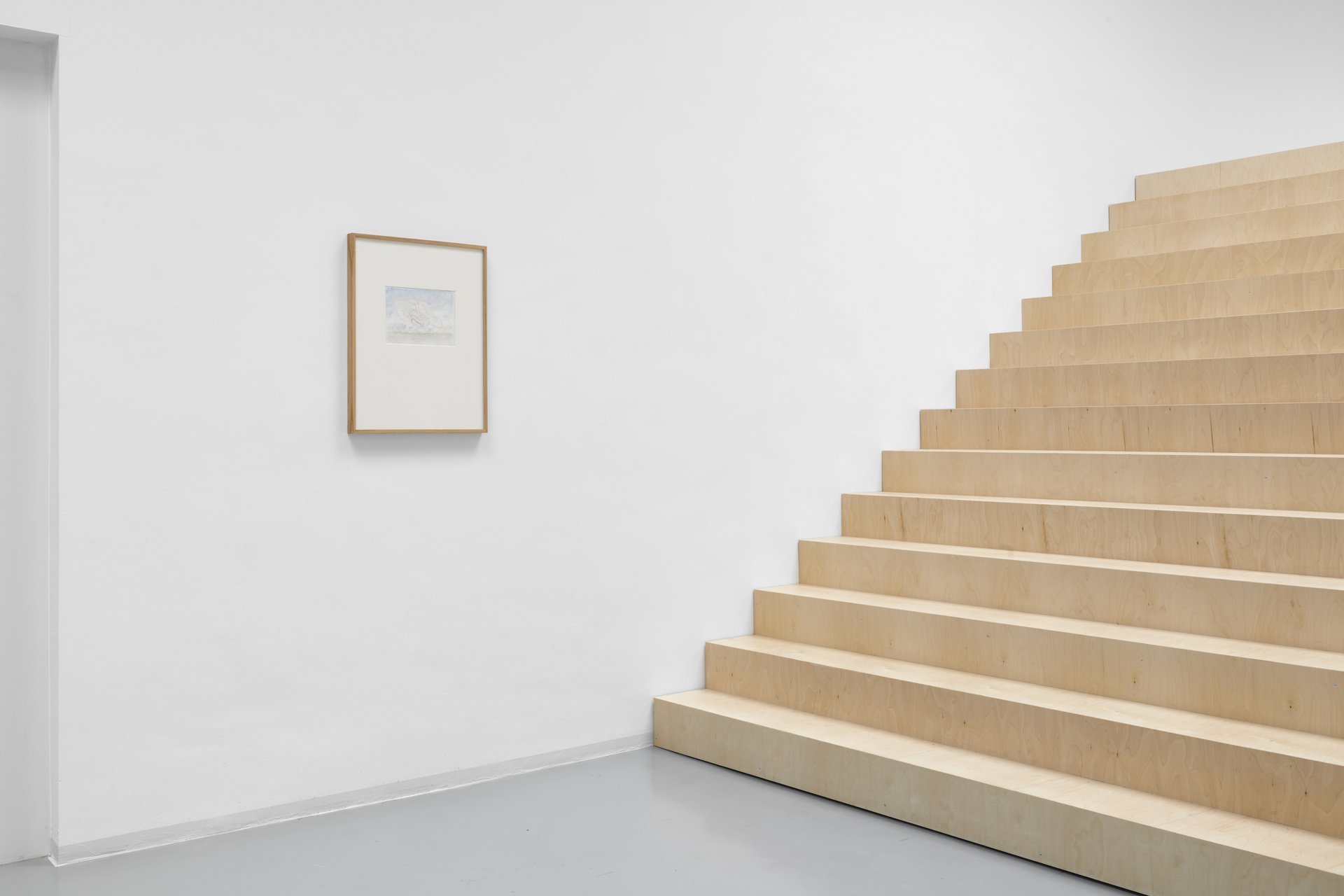
The Holding Environment, Chapter II, Bonner Kunstverein, 2021. Installation view with Co Westerik and Michael Kleine. Photo: Mareike Tocha. Courtesy the artist and Westerik Foundation.
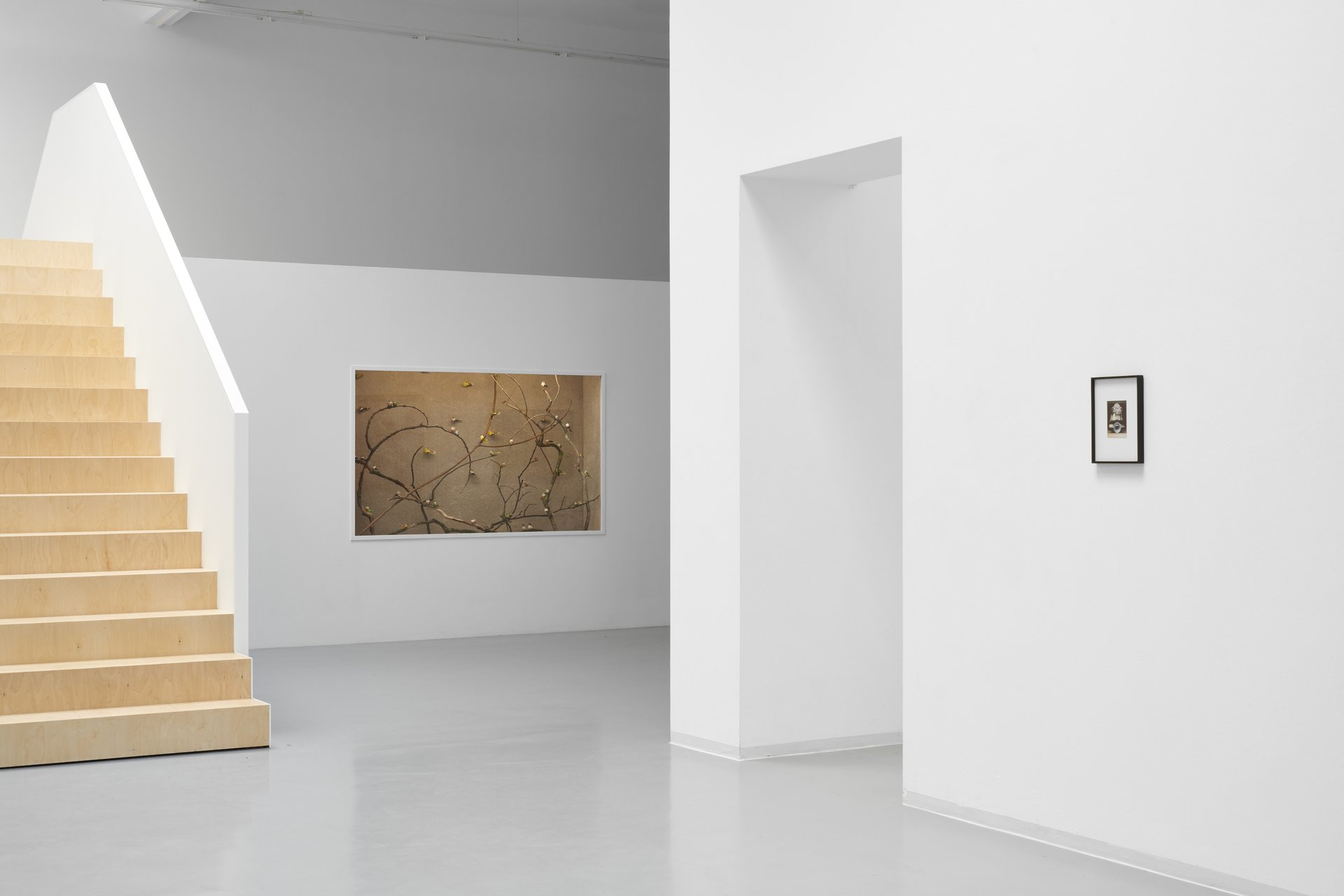
The Holding Environment, Chapter II, Bonner Kunstverein, 2021. Installation view with Michael Kleine and Ada Frände. Photo: Mareike Tocha. Courtesy the artists.
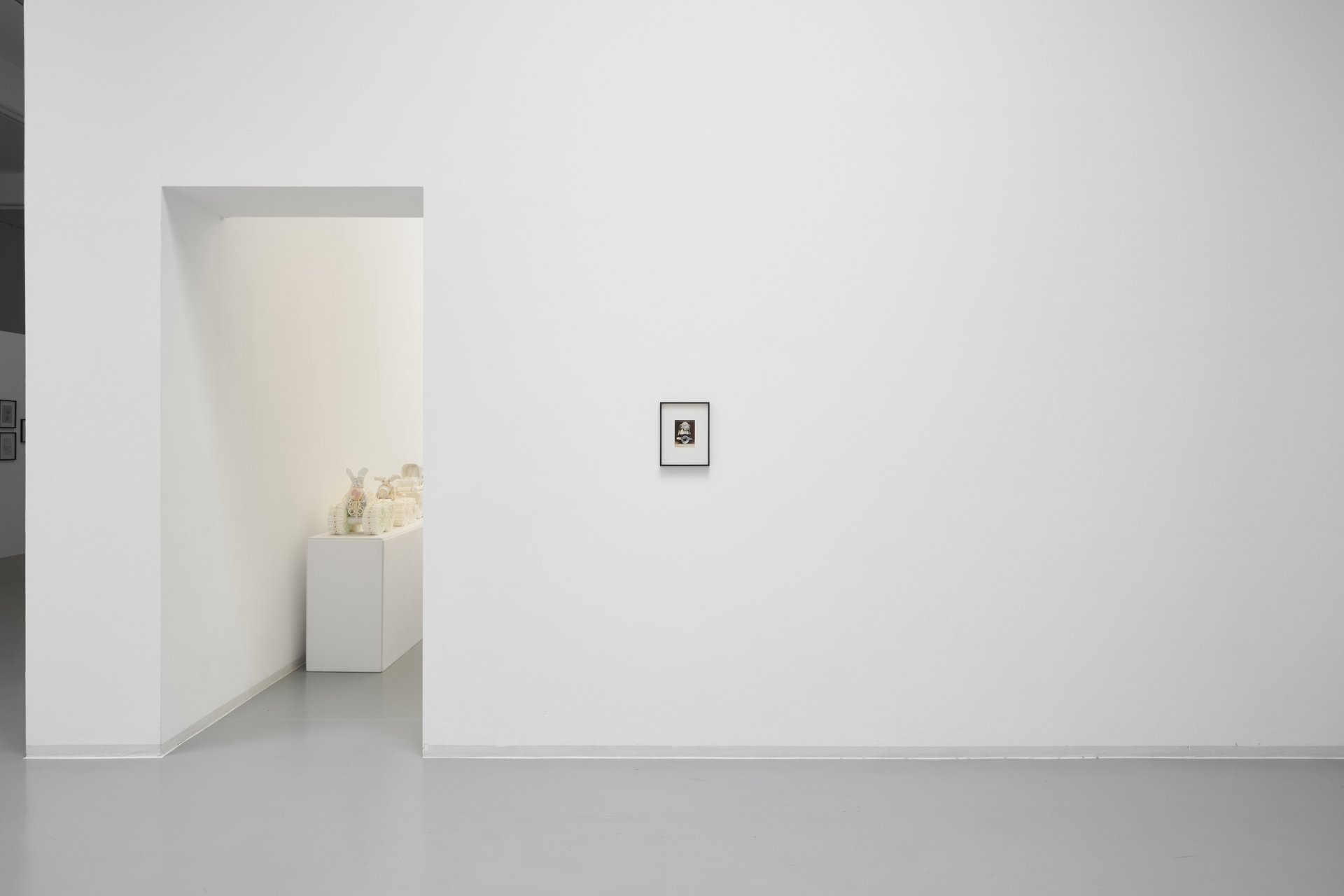
The Holding Environment, Chapter II, Bonner Kunstverein, 2021. Installation view with Marc Kokopeli and Sara Deraedt. Photo: Mareike Tocha. Courtesy the artists.
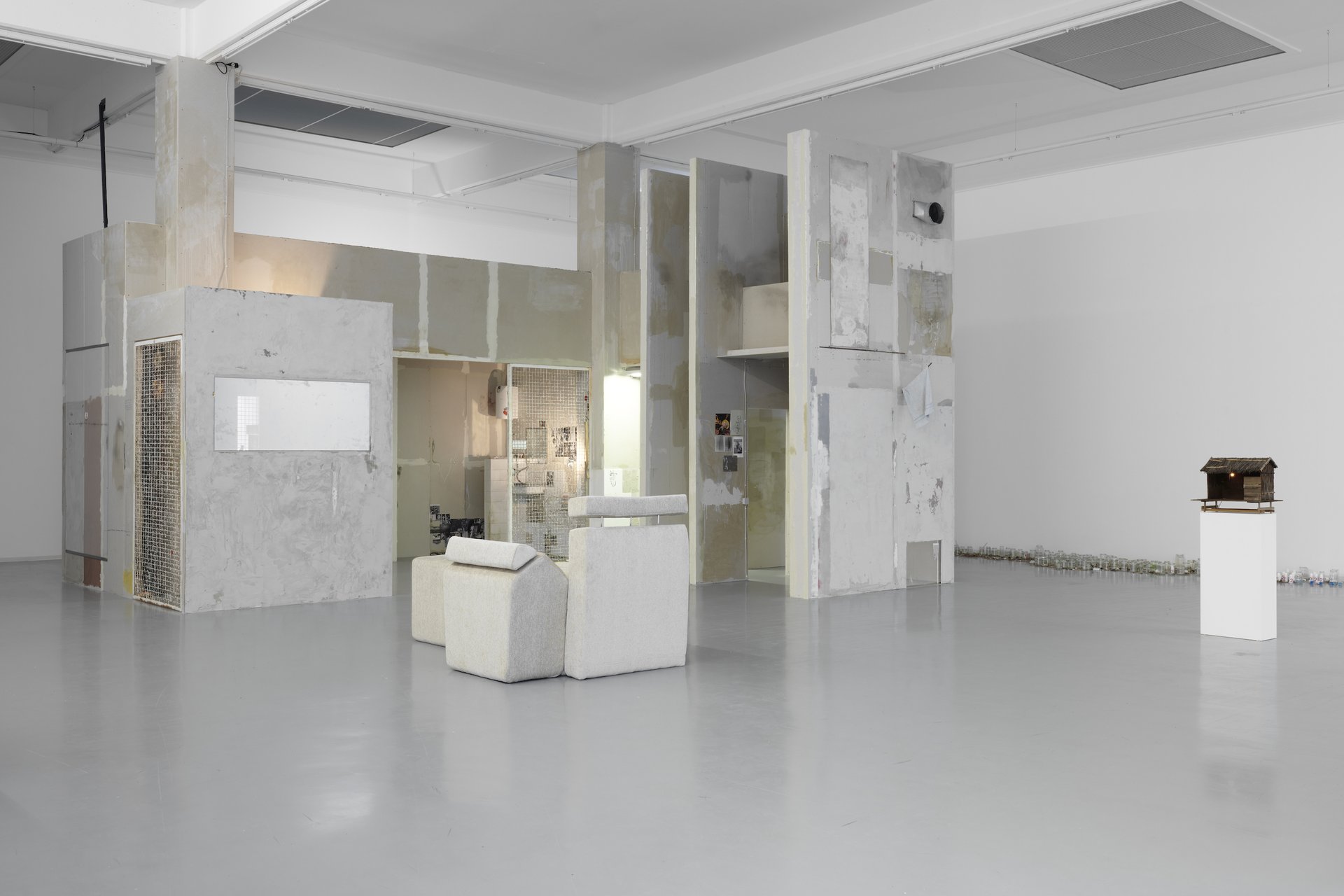
The Holding Environment, Chapter II, Bonner Kunstverein, 2021. Installation view with Tolia Astakhishvili, James Richards and Michael Kleine. Photo: Mareike Tocha. Courtesy the artists, Isabella Bortolozzi, Berlin and Rodeo, Piraeus and London.
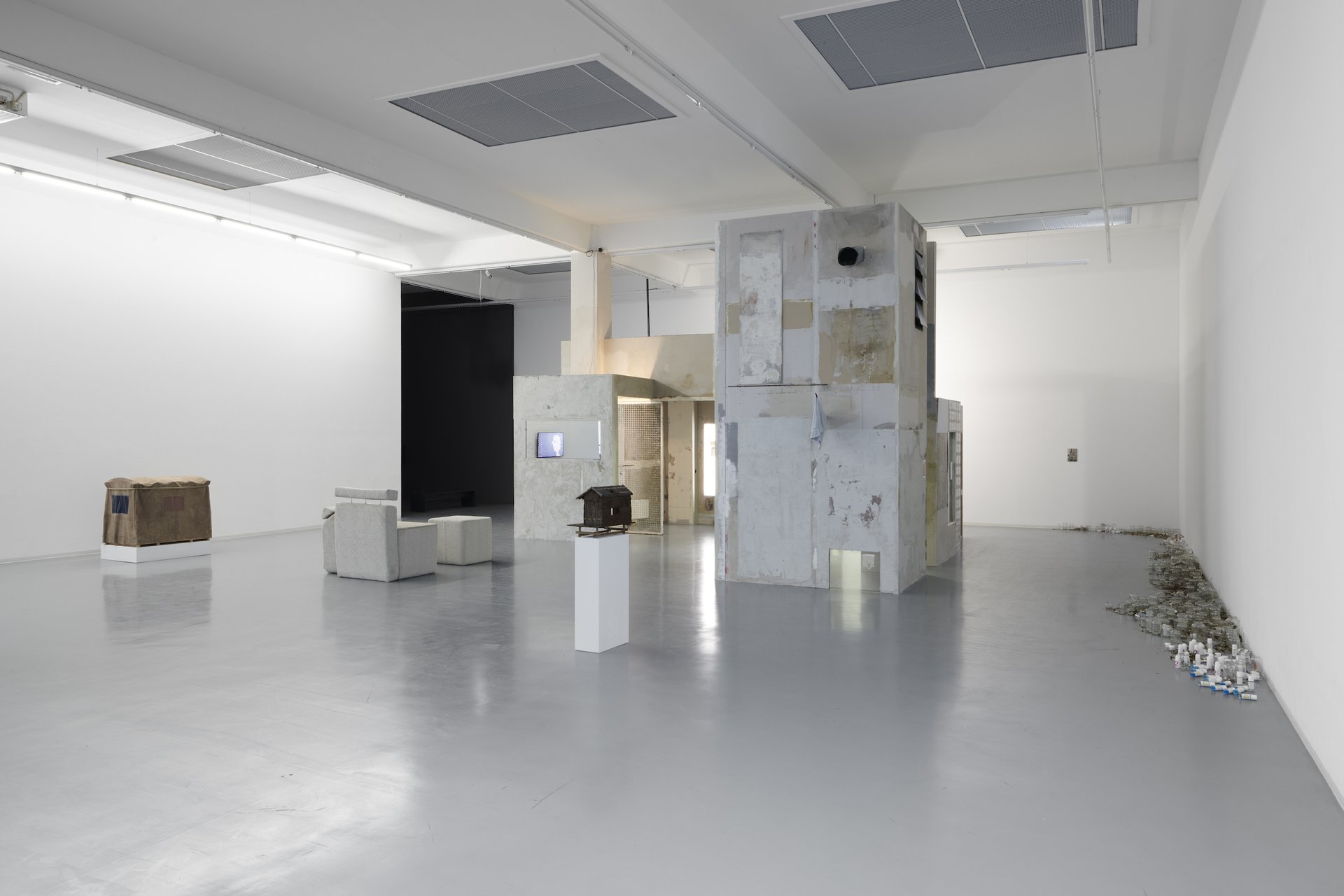
The Holding Environment, Chapter II, Bonner Kunstverein, 2021. Installation view with Michael Kleine, Tolia Astakhishvili, James Richards and Jason Dodge. Photo: Mareike Tocha. Courtesy the artists, Isabella Bortolozzi, Berlin and Rodeo, Piraeus and London.
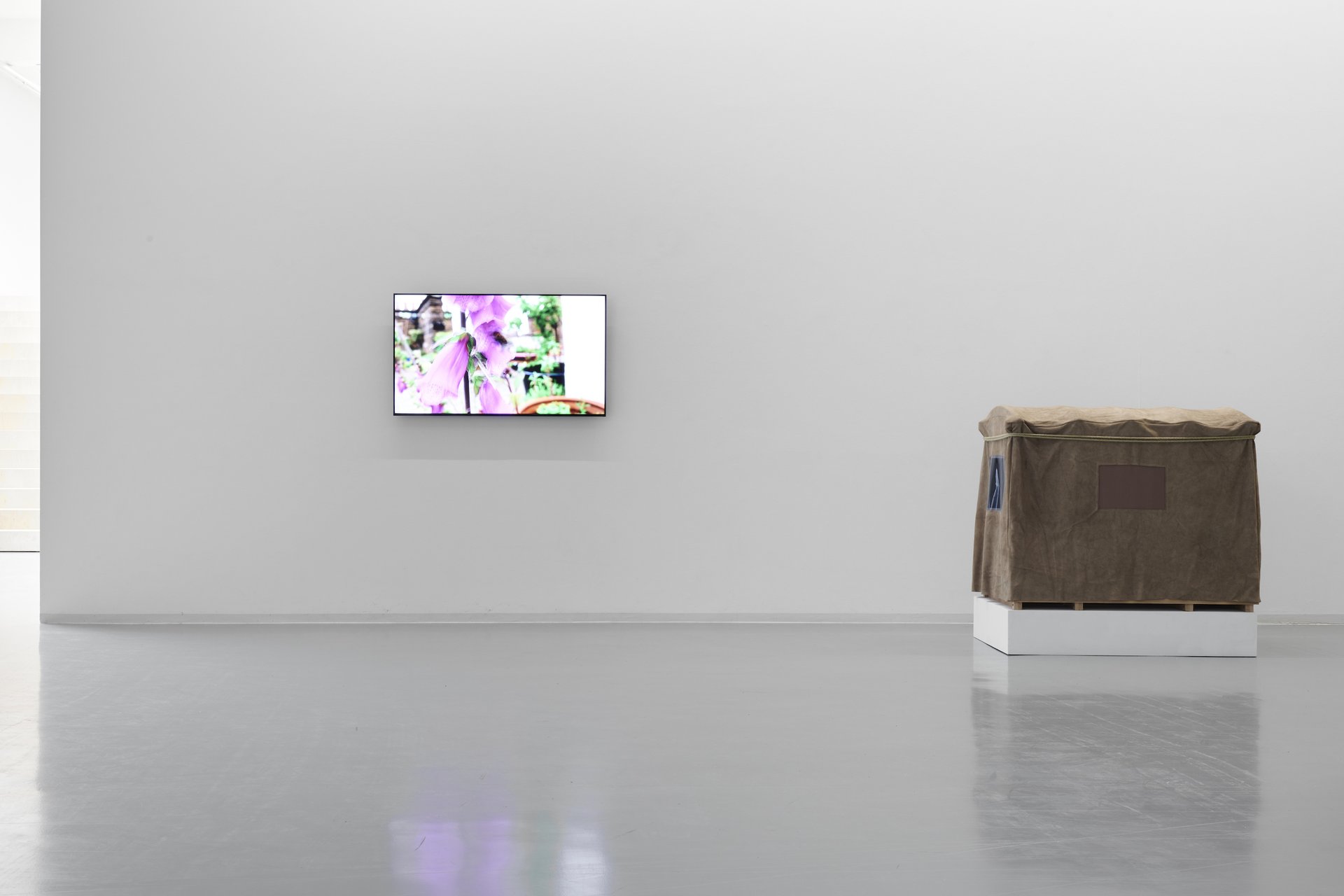
The Holding Environment, Chapter II, Bonner Kunstverein, 2021. Installation view with Rachel Reupke and Michael Kleine. Photo: Mareike Tocha. Courtesy the artists.
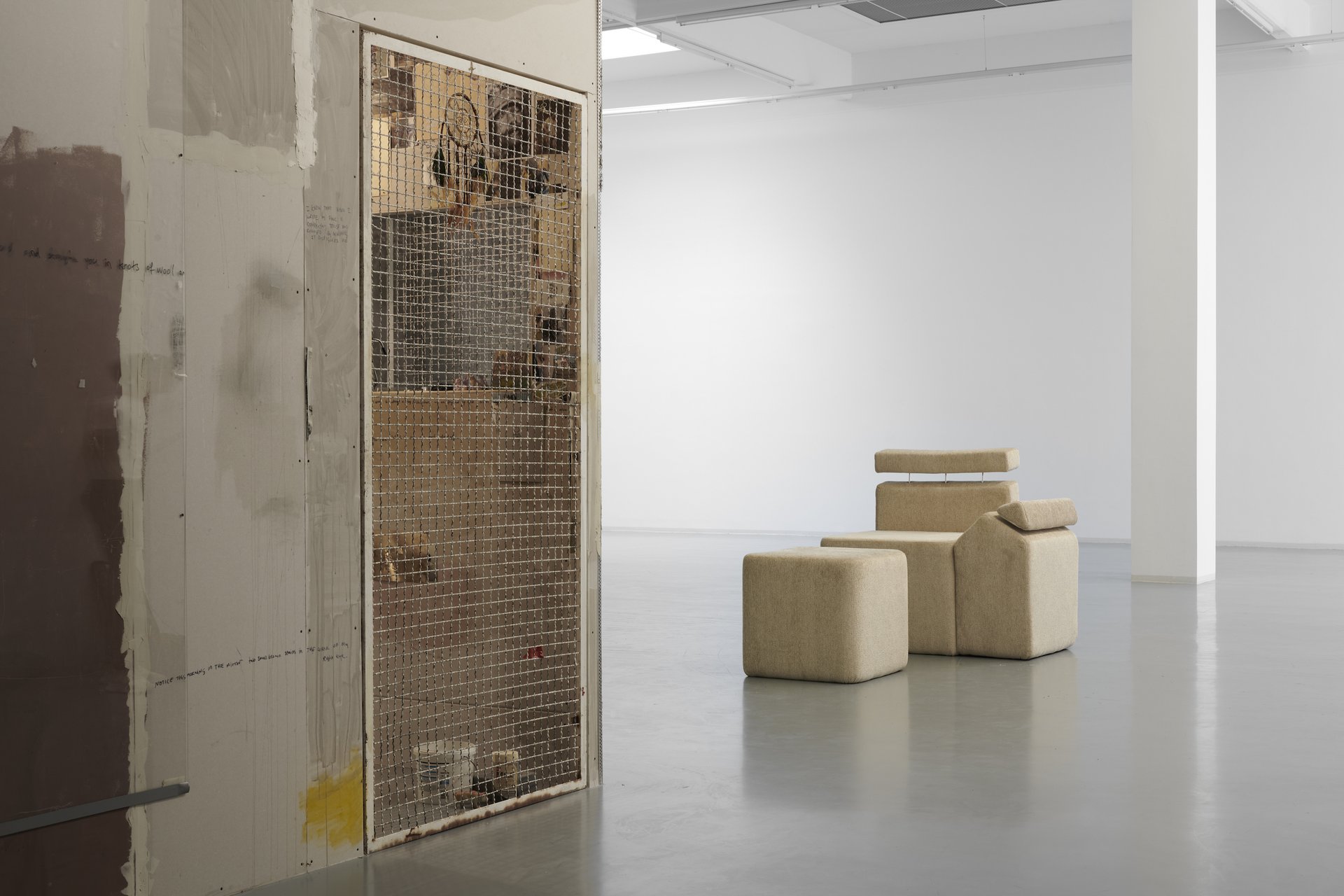
The Holding Environment, Chapter II, Bonner Kunstverein, 2021. Installation view with Tolia Astakhishvili, James Richards and Maximilian Boss. Photo: Mareike Tocha. Courtesy the artists, Isabella Bortolozzi, Berlin and Rodeo, Piraeus and London.
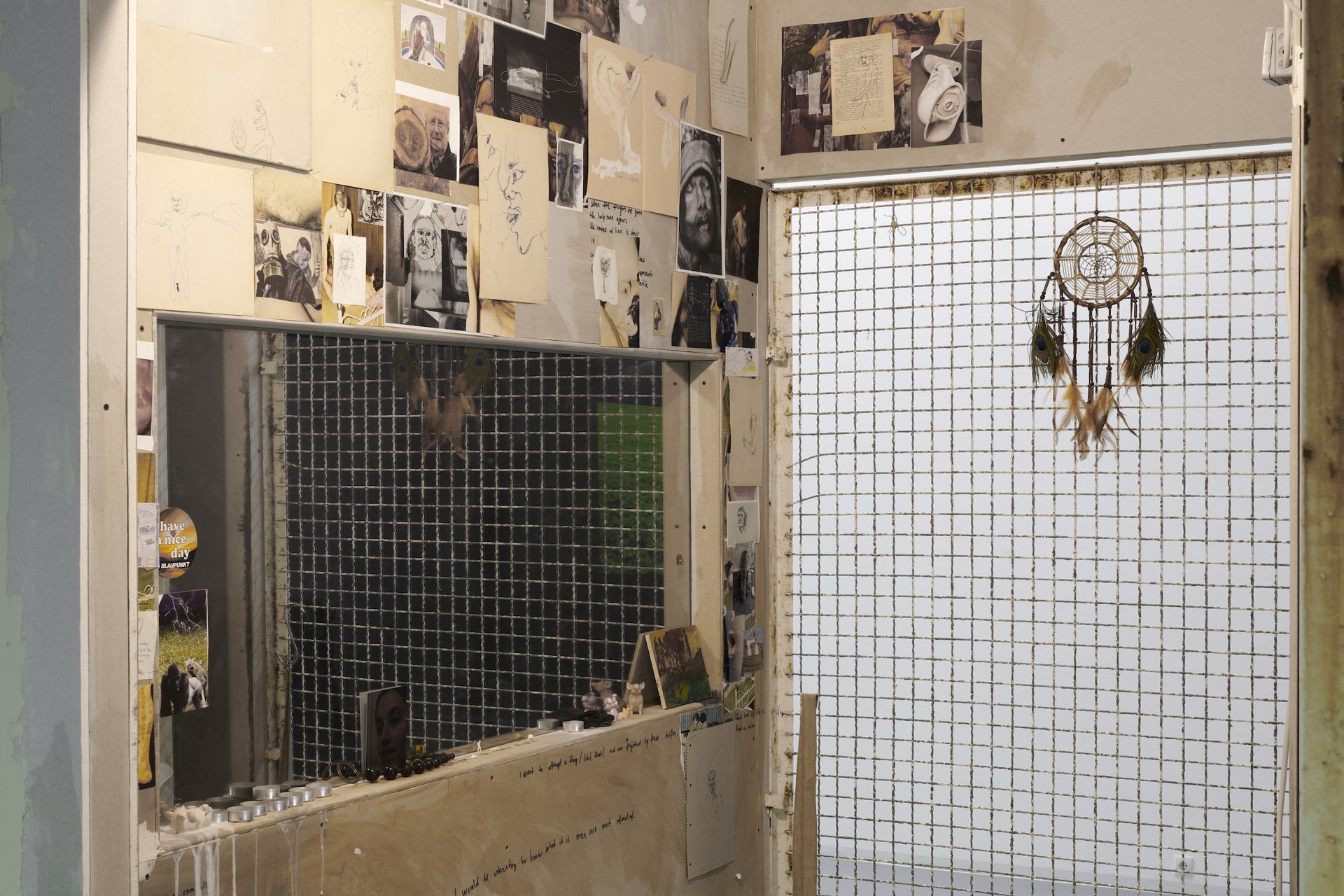
Tolia Astakhishvili and James Richards, Tenant, 2021, Installation view: The Holding Environment, Chapter II, Bonner Kunstverein, 2021. Photo: Mareike Tocha. Courtesy the artists, Isabella Bortolozzi, Berlin and Rodeo, Piraeus and London.
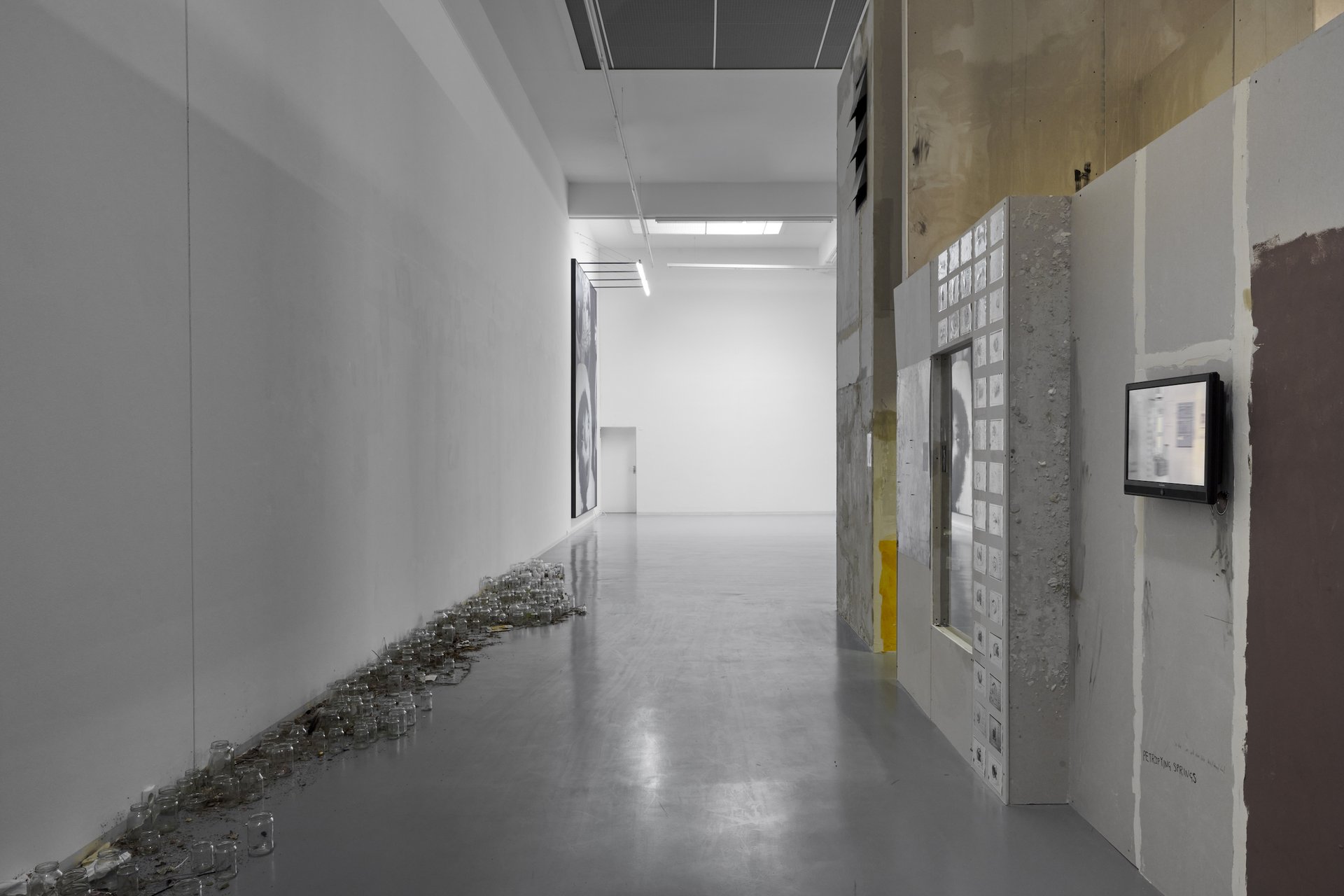
The Holding Environment, Chapter II, Bonner Kunstverein, 2021. Installation view with Jason Dodge, Tolia Astakhishvili and James Richards. Photo: Mareike Tocha. Courtesy the artists, Isabella Bortolozzi, Berlin and Rodeo, Piraeus and London.
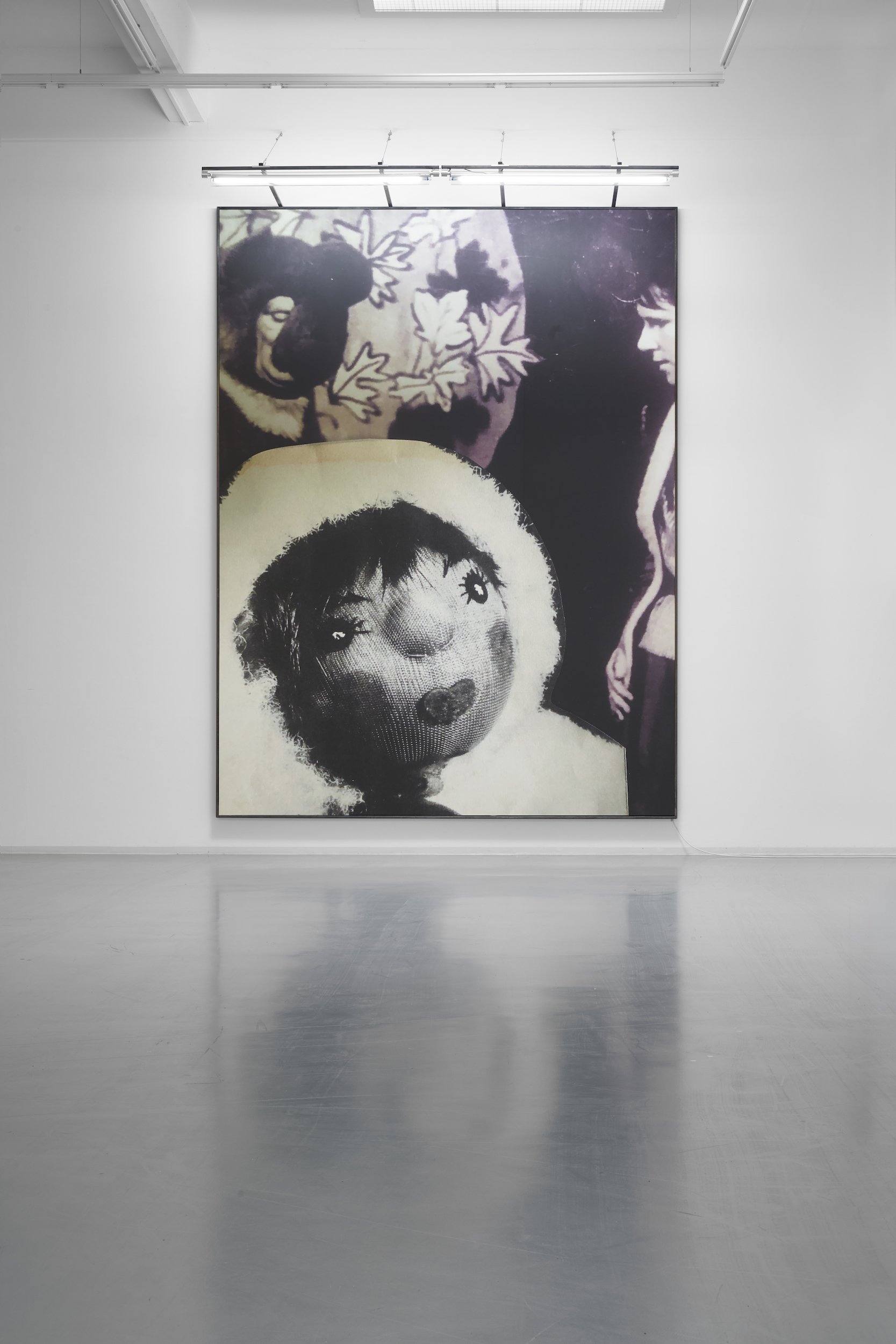
Annika Eriksson, Shelter II, 2021. Installation view: The Holding Environment, Chapter II, Bonner Kunstverein, 2021. Photo: Mareike Tocha. Courtesy the artist.
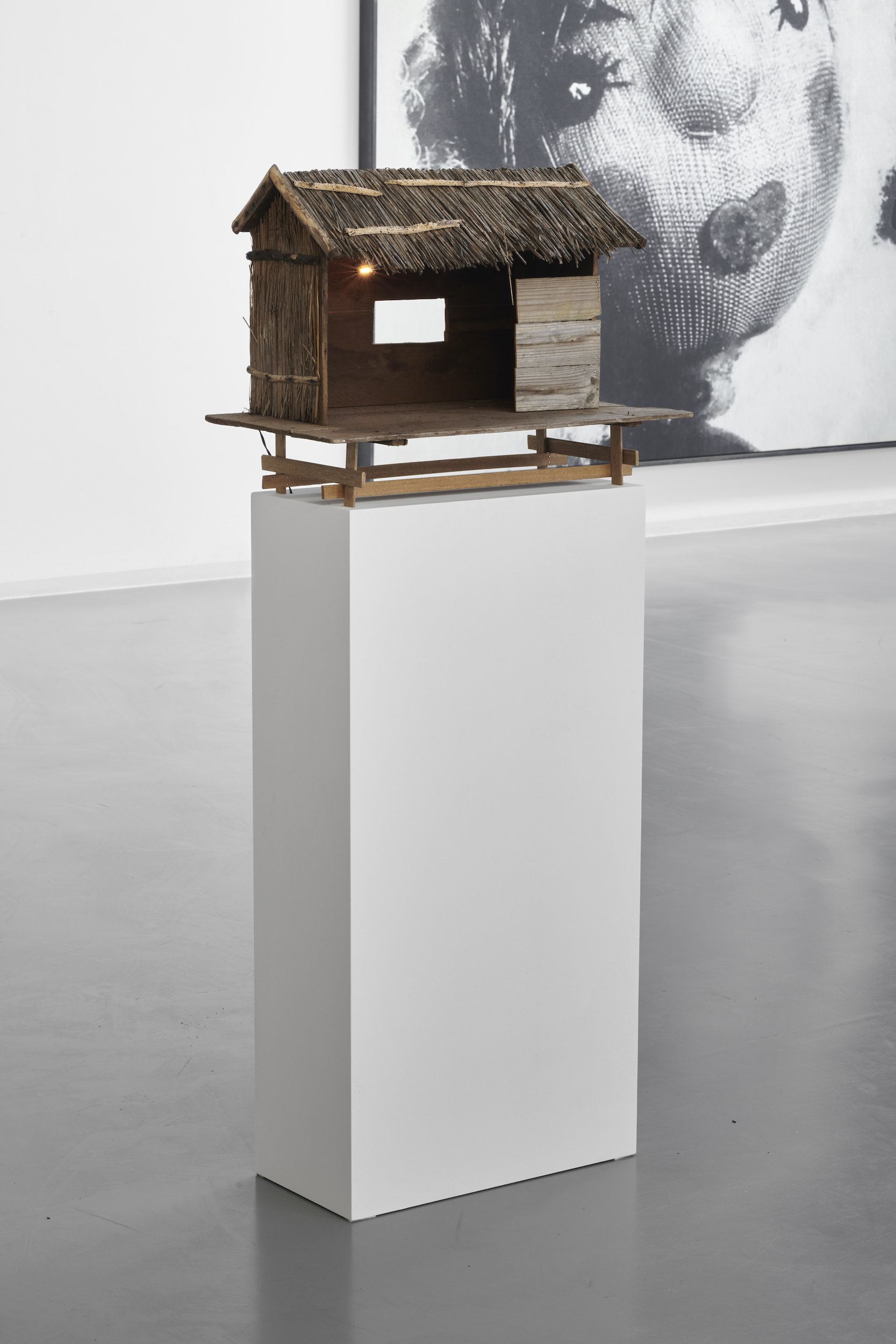
Michael Kleine, Hütte, 2015. Installation view: The Holding Environment, Chapter II, Bonner Kunstverein, 2021. Photo: Mareike Tocha. Courtesy the artist.
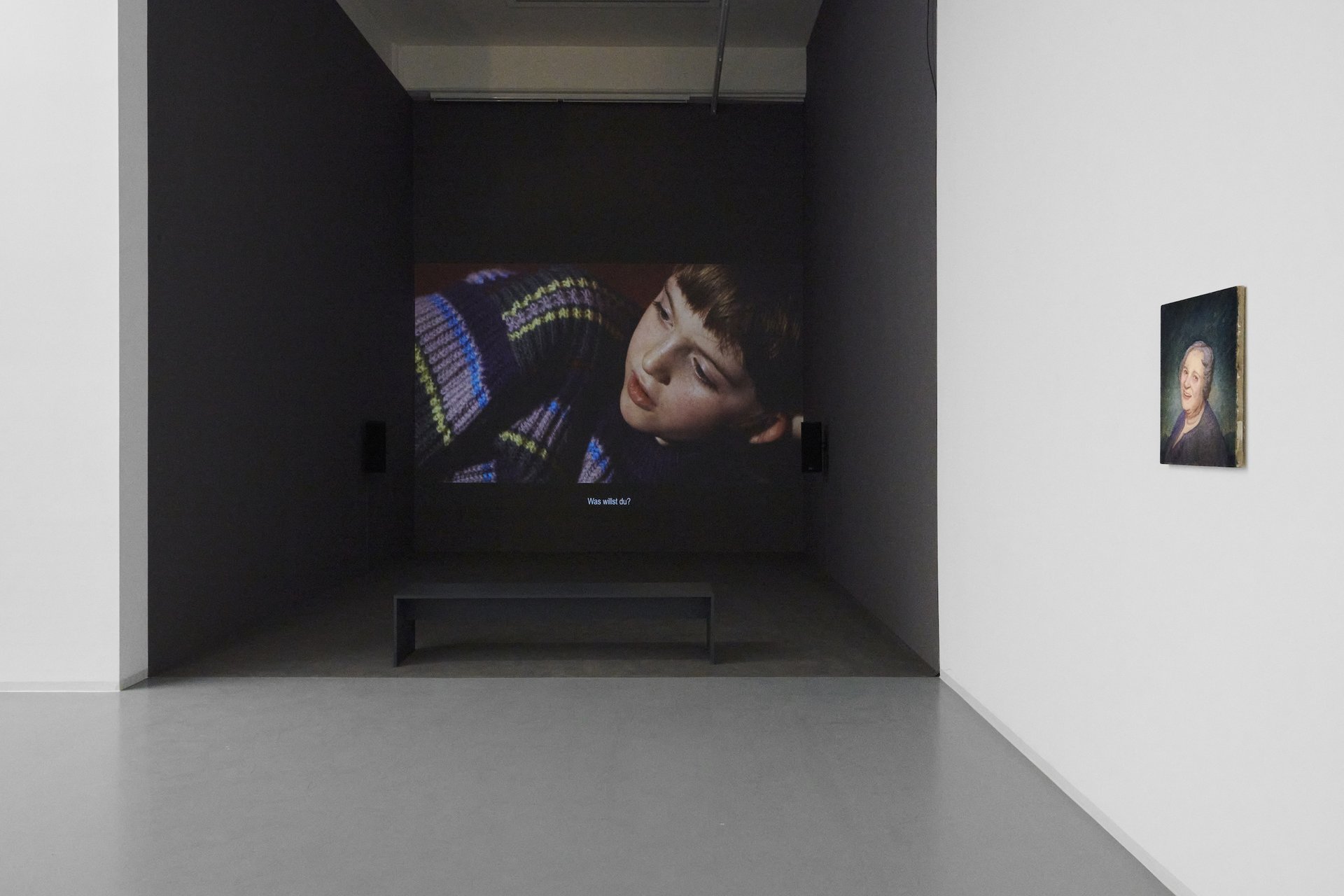
The Holding Environment, Chapter II, Bonner Kunstverein, 2021. Installation view with Marianna Simnett and Michael Fullerton. Photo: Mareike Tocha. Courtesy the artists.